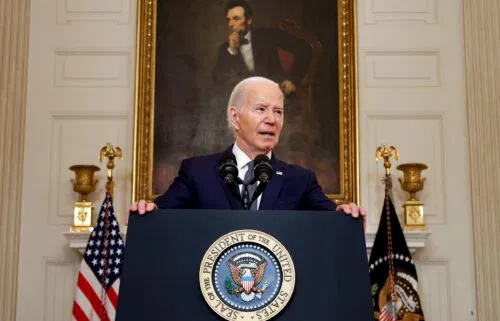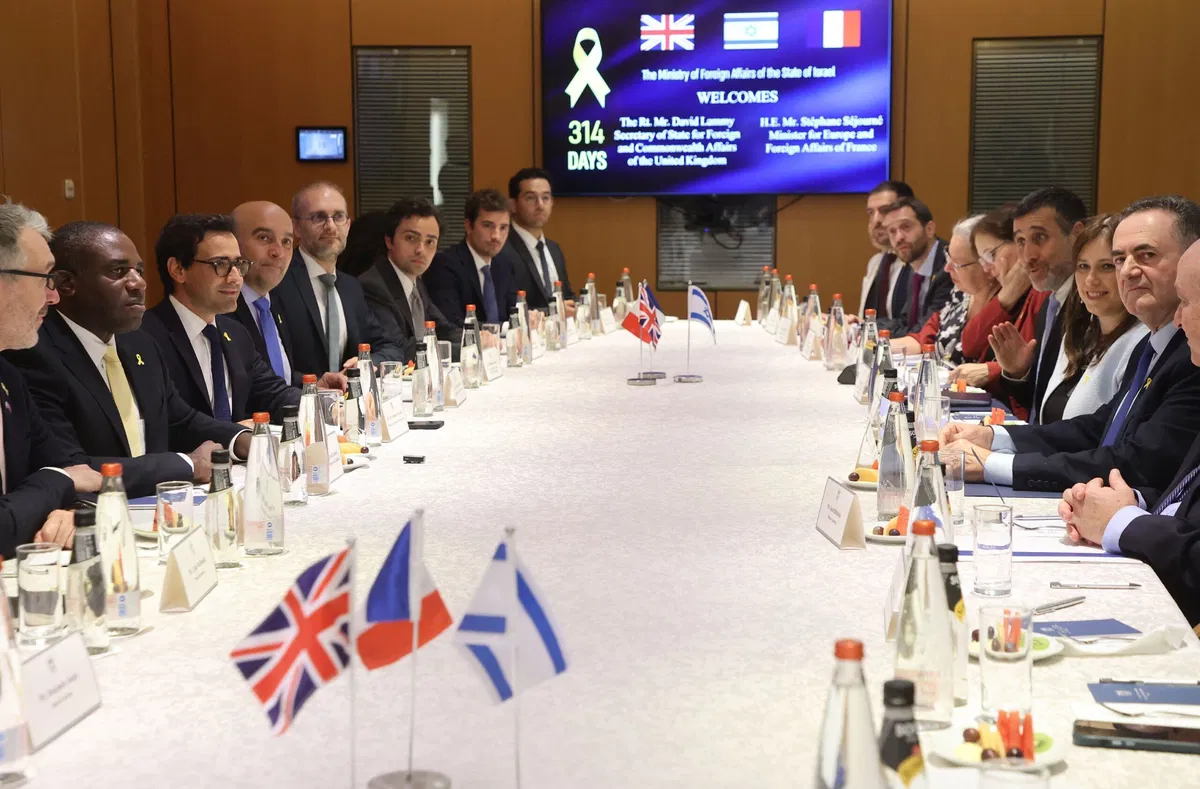UK and France Downplay Israeli FM’s Call for Joint Retaliation Against Iran
3 min read


Israeli Foreign Minister Israel Katz’s recent comments urging international allies, including the United Kingdom and France, to join Israel in retaliating against Iran have been met with a muted response from both countries. Katz’s statements, made during a meeting in Jerusalem to discuss regional tensions and potential hostage deals, have sparked significant discussion but little concrete support from his European counterparts.
During the meeting, Katz suggested that in the event of an Iranian strike, Israel expects its allies to not only defend against such an attack but also to participate in targeting significant Iranian sites. This declaration comes amidst heightened tensions following the assassination of Hamas leader Ismail Haniyeh in Tehran, an attack Iran has attributed to Israel, though Israel has neither confirmed nor denied involvement.
In response to Katz’s comments, both the UK and France have emphasized the need to avoid further escalation. A spokesperson from the UK Foreign Office stressed the importance of breaking the “destructive cycle of retaliatory violence” in the Middle East. The UK is focusing on de-escalation and urging all parties to avoid actions that could worsen regional tensions.
French Foreign Minister Stéphane Séjourné echoed this sentiment during a press conference in Jerusalem, stating that discussing retaliation or preparations for such actions is “inappropriate” while diplomatic negotiations are ongoing. Séjourné’s comments reflect France’s commitment to pursuing diplomatic solutions rather than escalating military responses.
According to sources familiar with the meeting, the discussions among the Israeli, French, and UK foreign ministers did not include talks on forming a coalition for attacking Iran. The focus remained on preventing further violence and exploring diplomatic avenues.
In contrast to the cautious approach of the UK and France, a senior US administration official issued a stark warning regarding potential consequences if Iran decides to escalate its actions against Israel. The official highlighted the potential for “cataclysmic” repercussions, particularly for Iran, and noted that the US has been actively encouraging Tehran through intermediaries to avoid further aggression. The goal is to facilitate a ceasefire and a resolution to ongoing hostage negotiations.
 The US has also deployed military resources to the region to prepare for any contingencies but has avoided making any specific commitments regarding potential actions against Iran. The official described the situation as “very hypothetical” and emphasized that while the US is prepared for various scenarios, it is not currently planning direct involvement in any retaliatory attacks.
The US has also deployed military resources to the region to prepare for any contingencies but has avoided making any specific commitments regarding potential actions against Iran. The official described the situation as “very hypothetical” and emphasized that while the US is prepared for various scenarios, it is not currently planning direct involvement in any retaliatory attacks.
The US position remains focused on supporting Israel’s defense while working closely with international partners to manage the crisis and seek a peaceful resolution. The ongoing diplomatic efforts and military readiness underscore the complex and volatile nature of the current situation in the Middle East.
In summary, while Israeli Foreign Minister Katz has called for international support in responding to potential Iranian aggression, both the UK and France have emphasized the importance of diplomacy and de-escalation. The US has prepared for various contingencies but remains cautious about committing to any specific course of action. The situation continues to evolve as global powers navigate the delicate balance between defense, diplomacy, and potential conflict.